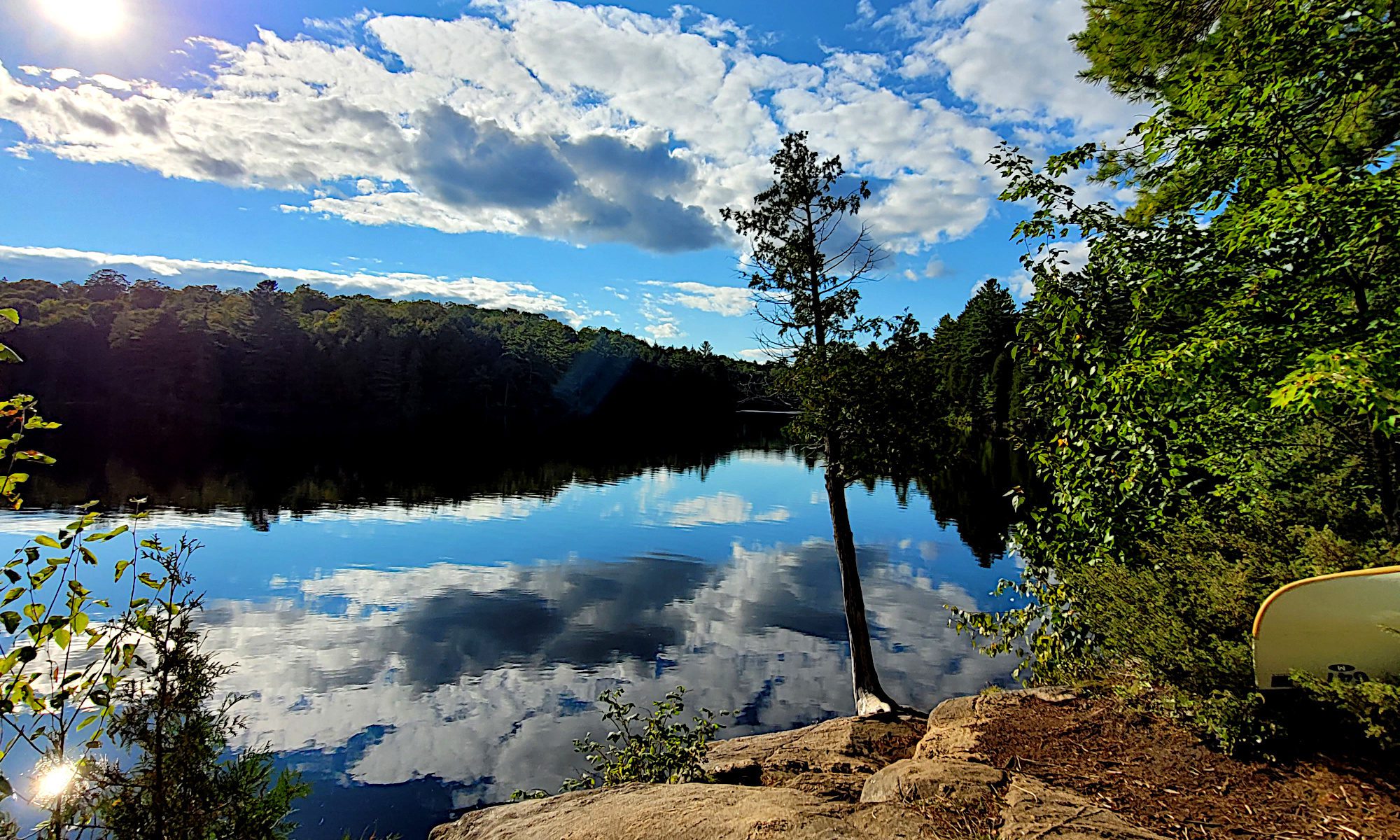Now that the sturm und drang over the latest changes to Digg’s algorithm has died down somewhat — after the villagers made it all the way to the castle with pitchforks and lighted torches in their hands, only to relent and make peace with the lords of the manor, after Kevin and Jay joined a podcast — I think it’s worth looking at what happened. I must admit that when it first bubbled up on Techmeme, I sort of wondered what all the fuss was about. So Digg tweaked the algorithm again; so what?
The reaction from top Diggers such as Dave “DigiDave” Cohn and Muhammad Saleem, both of whom I know somewhat through emails and the Twitterverse (DigiDave is involved with NewAssignment.net, among other things) was strong and swift. An “open letter” was posted complaining about the secrecy with which Digg goes about its business, the reports of “bury” bots aimed at specific posters, the lack of responsiveness to complaints, and so on. In his recap of events, Muhammad notes how quickly the issue snowballed, and also how quickly it was resolved.
My friend Scott Karp notes at Publishing 2.0 that what has been happening at Digg over the past year or so — the continual tweaking of the algorithm to try and prevent “gaming” of the site, of which the last tweak is only the most recent example — shows that a completely open social-media network is bound to fail, and I would agree. The only point I would make is that there has rarely ever been an example of a completely open network, just as there has rarely ever been a completely democratic country or a completely altruistic act. Human beings are complicated.
For better or worse (and in some cases both at the same time) Digg is a kind of living research project into “social media” and how it operates — or perhaps evolves is a better word. One day it will seem like the model for how a collaborative news-filtering engine can arise almost organically out of the primordial Internet ooze, and the next day it looks like a “tragedy of the commons”-style train wreck, or a kind of proto-democracy on crystal meth, eventually tipping over into self-parody and irrelevance. It’s like an unstable chemical soup, prone to explosion.
But it’s also probably the best real-time, experimental social-media lab we have right now, and it is fascinating to watch.
